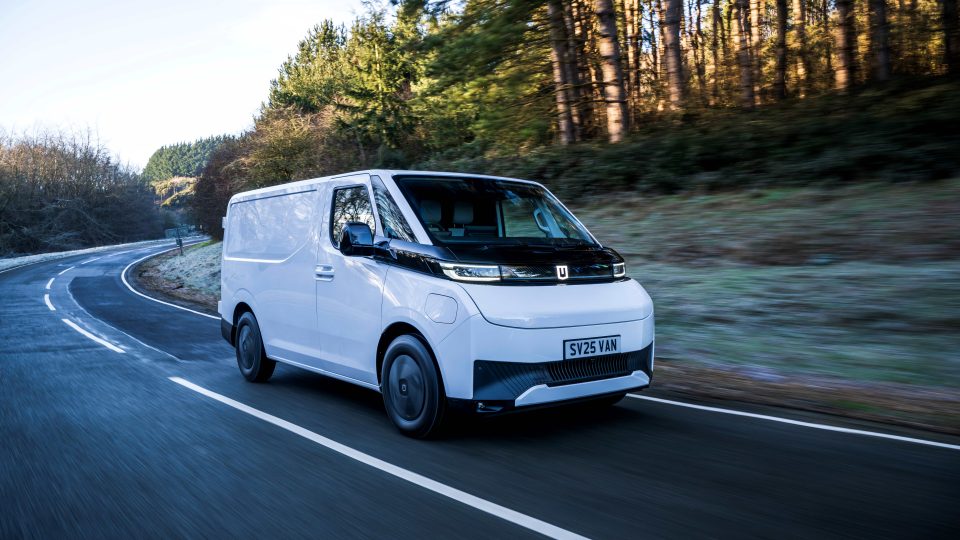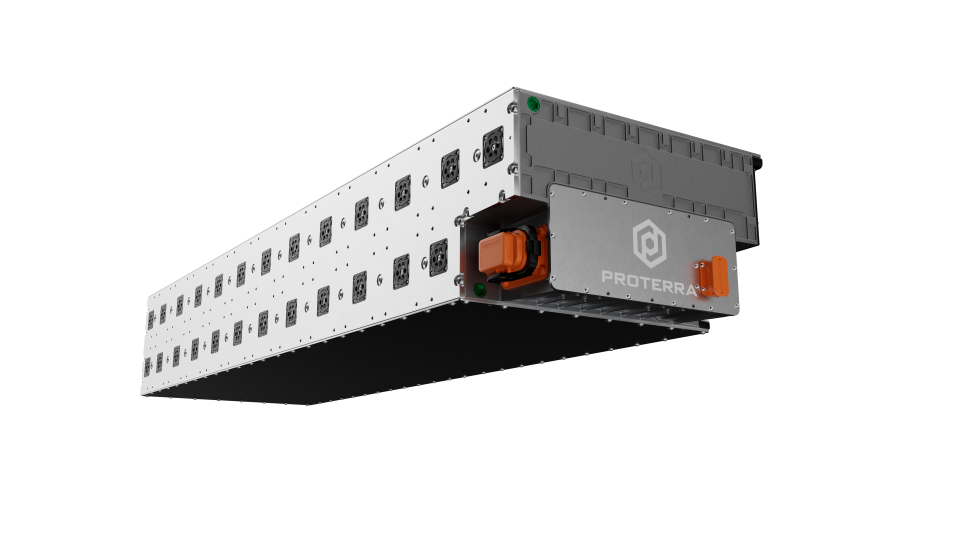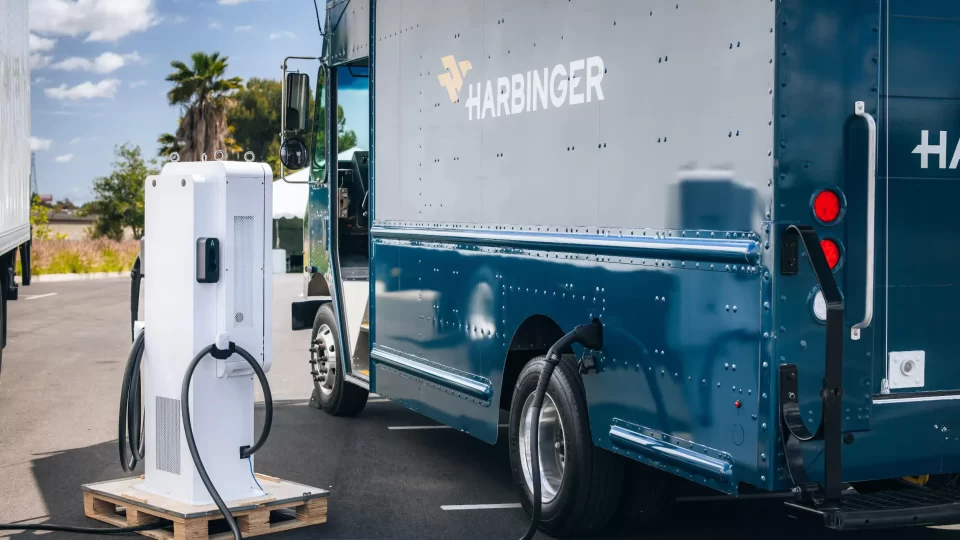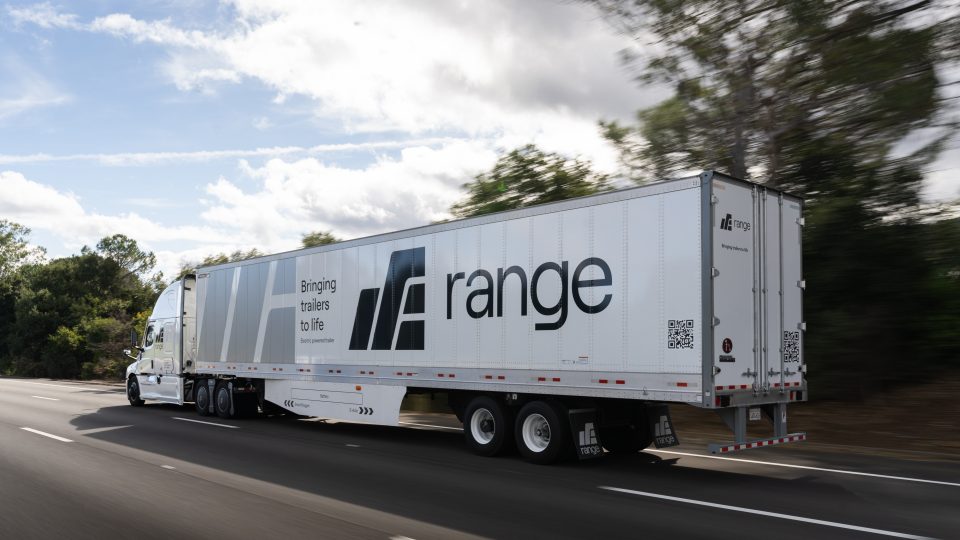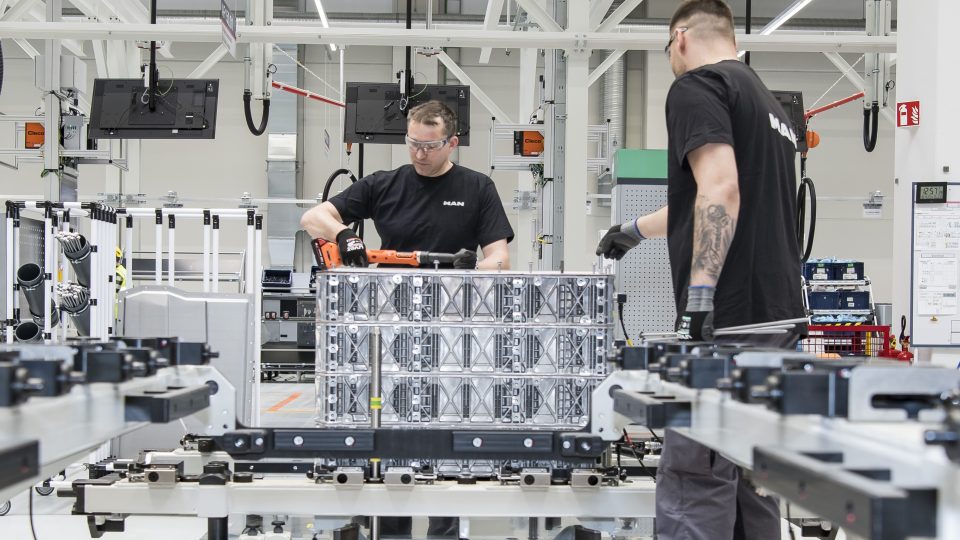Webasto promotes partnership to boost battery recycling processes
The agreement stipulates that scale-up from Aachen cylib will collect and recycle used batteries and production waste from battery production at European sites of Webasto. The latter has been producing battery systems for cars and commercial vehicles, among other things, since 2019.
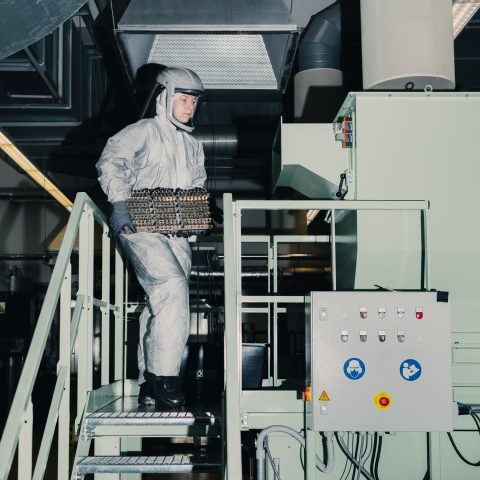
Photo: ©Jann Höfer_cylib
Webasto and recycling scale-up from Aachen cylib will be working together with the aim of turning today’s used batteries into tomorrow’s urgently needed raw materials. “Partnerships between automotive suppliers and recycling companies therefore play a central role when it comes to both meeting sustainability targets and ensuring the availability of raw materials”, commented Webasto in the official press release.
The agreement stipulates that the cylib will collect and recycle used batteries and production waste from battery production at European sites of Webasto. The latter has been producing battery systems for cars and commercial vehicles, among other things, since 2019.
The battery recycling process developed by cylib
cylib relies on efficient and environmentally friendly battery recycling. All materials, including lithium and graphite, are fully recovered. The process combines mechanical, thermal and hydrometallurgical methods. Thanks to the minimal use of chemicals, the carbon footprint is up to 30 percent lower than with conventional methods. An innovative, water-based process also ensures particularly sustainable recovery of valuable raw materials. Webasto and cylib have been working together since 2023, including on “Design for Recycling” projects.
“Our recycling technology recovers all valuable materials from spent lithium-ion batteries, including lithium and graphite. The partnership with Webasto is an important step towards scaling up battery recycling. Together, we are securing the raw materials of tomorrow and driving forward the circular economy in Europe,” said cylib co-founder and COO Gideon Schwich.
“Collaborations like the one between Webasto and cylib are in the interest of the entire European automotive industry, because they make the local raw material ecosystem more sustainable and resilient – ultimately benefiting everyone, right down to the end consumer,” added Marcel Bartling, Chief Technology Officer (CTO) of Webasto.





